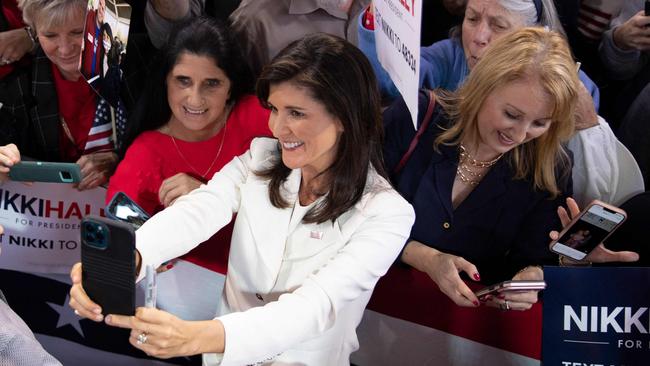
Following a brief manhunt, the suspect was caught at a traffic stop the next day. As details of the gunman’s identity emerged, police and the public discovered the familiar grisly online trove of political fanaticism. Along with the usual demented manifestos of white supremacist ideology were photos of the young man. One showed him posing beside a Confederate flag.
Amid the all-too common national mourning and self-reflection, attention turned to that flag. South Carolina was one of the few states that still gave official pride of place to the standard of the Confederacy. It flew, alongside the Stars and Stripes and the state’s own flag, at the state capitol in Columbia.
South Carolina’s governor, Nikki Haley, had for years, like most Republicans there, defended the display of the banner of those who had fought in defence of their right to own slaves – not to honour that fight, she said, but in recognition of “noble traditions of history, of heritage and of ancestry”.
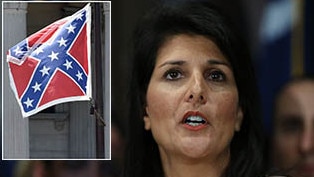
But as debate intensified in the days after the murders, Haley changed her mind. In an address picked up by national television that reverberated across social media, she called for legislation to remove the Stars and Bars: “We are not going to allow this symbol to divide us any longer. The fact that people are choosing to use it as a sign of hate is something we cannot stand. The fact that it causes pain to so many is enough to move it from the capitol grounds.”
After a fiery debate the state’s assembly, with a vocal minority of Republicans opposed, acceded to Haley’s plea and voted to lower the flag for the last time. It was a defining moment in the career of the young governor. It propelled her to national attention and framed an idea and political strategy she now seeks to deploy to gain the highest office in the country.
Last week Haley became the second Republican to formally declare her candidacy for next year’s presidential election, behind Donald Trump and ahead of what is likely to be a succession of hopefuls. Haley is bidding for a unique place in American history, not only to become the first female president but the first woman from an ethnic minority to hold the most important job in the world.
Born Nimarata Nikki Randhawa to Sikh parents who emigrated from India in the 1960s, Haley attended college in South Carolina, quickly worked her way up the state Republican Party, was elected governor at the age of 38 in 2010 and re-elected in 2014. Before she finished her second term she was chosen by Trump to be US ambassador to the United Nations, a cabinet level role that gave her a seat at the table in key foreign policy decisions.
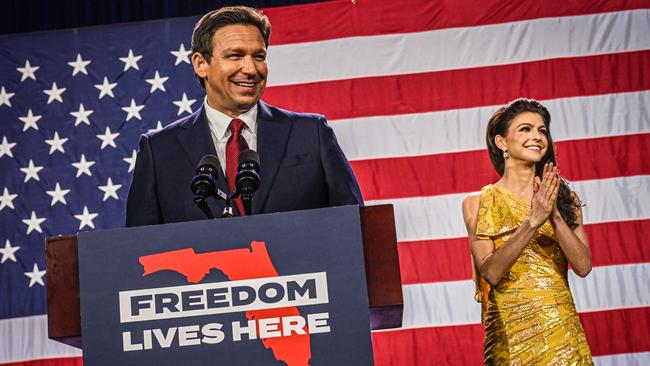
With a powerful curriculum vitae and a compelling personal story, it was always likely she’d be a candidate for higher office. But in the modern Republican Party it wasn’t clear where she would fit: Trump loyalist? Trumpian-without-Trump populist? Traditional conservative?
Her pitch, if her campaign’s first week is a guide, is that she can do for a fractured party and a nation riven by culture wars what she did in South Carolina. In her campaign launch video she referred only obliquely to the flag decision: “When evil did come,” she says, over clips of the AME church, “we turned away from fear, toward God and the values that still make our country the freest and greatest in the world.”
Her claim at the time that the flag honoured noble tradition but had been exploited by evil people, unconvincing as that may seem, was an attempt to thread the needle between sympathy for a conservative base angry at the continuing assault on its values and reproach for the divisive extremism of many on the right.
Eight years later she is gambling that she can refine that delicate balancing act into a convincing story for a wider public – channelling conservative passion about the culture wars, while finding a way to move the nation beyond its bitter divisions.
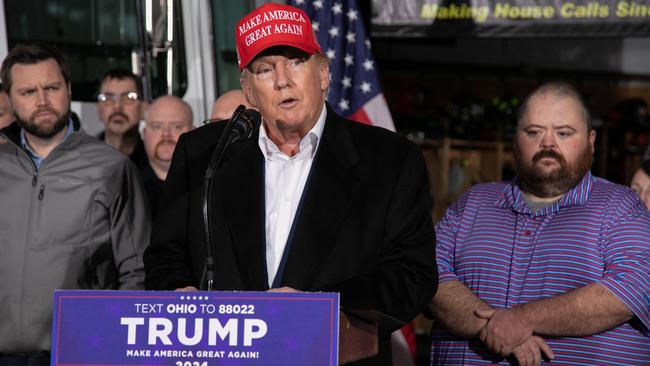
The central theme is her personal story as a classic American tale of success – from child of brown-skinned immigrants to the White House – intended to focus conservative eyes on the better angels of America’s character. The problem is that too many conservatives don’t believe it any more. They see modern America not as an avatar of historic greatness but as a country in thrall to a regnant establishment ideology propelling it on a path to progressive perdition – all drag-queen story hours, mandatory diversity, equity and inclusion training, and woke capitalism. Grievance politics is where the votes are.
No one conveys this better than Trump. As Haley was on the campaign trail this week, Trump was in Ohio, at the scene of a train derailment that spilt toxic chemicals into the air, where he dispensed his unique brand of sympathy and outrage. The crash happened in the very middle of Middle America, far away from the coastal elites.
With Joe Biden visiting Ukraine it was a perfect juxtaposition: the former president who cares about suffering Americans while the incumbent pledges yet more billions for the citizens of a far-off country.
Next week Ron DeSantis will publish his book, an account of how he took on corporate, Washington and media elites as governor of Florida, a prelude to his own campaign for president.
Early polls put Haley near the head of a trailing pack, far behind these two big beasts of conservative populism. It doesn’t look as though her enduring faith in the American Dream convinces many of her fellow Republicans.
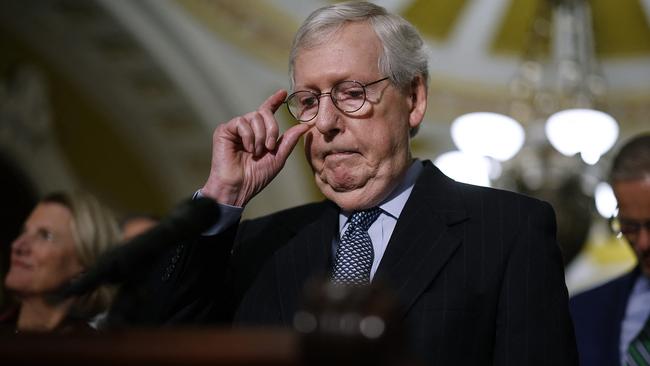
The Times


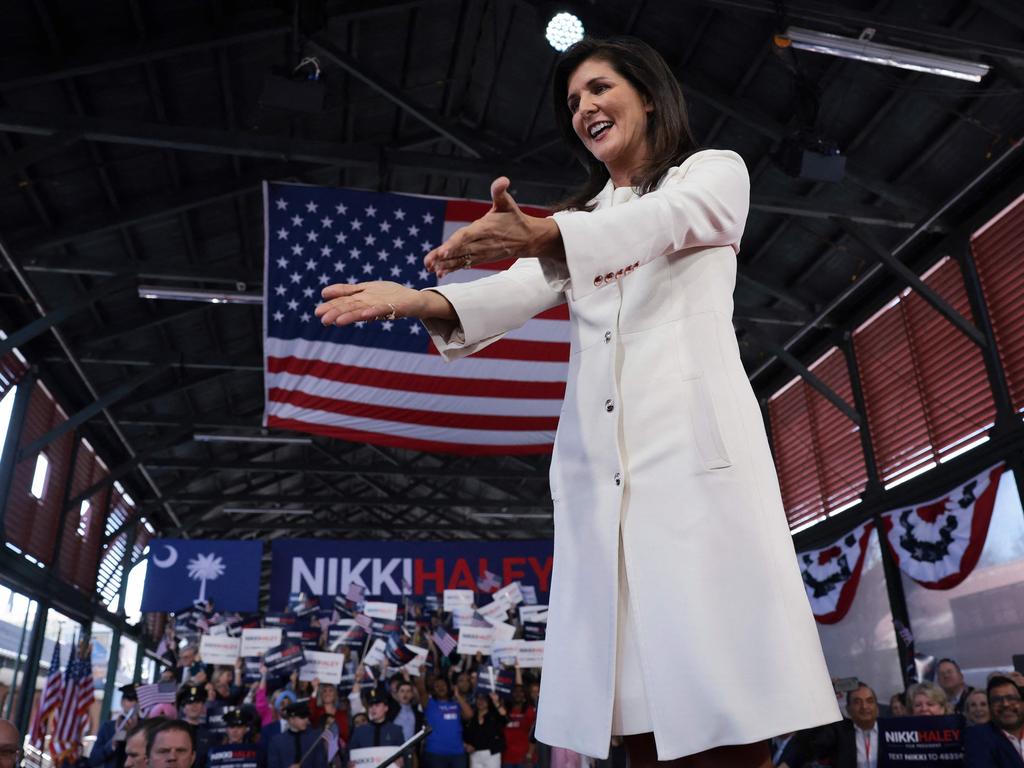
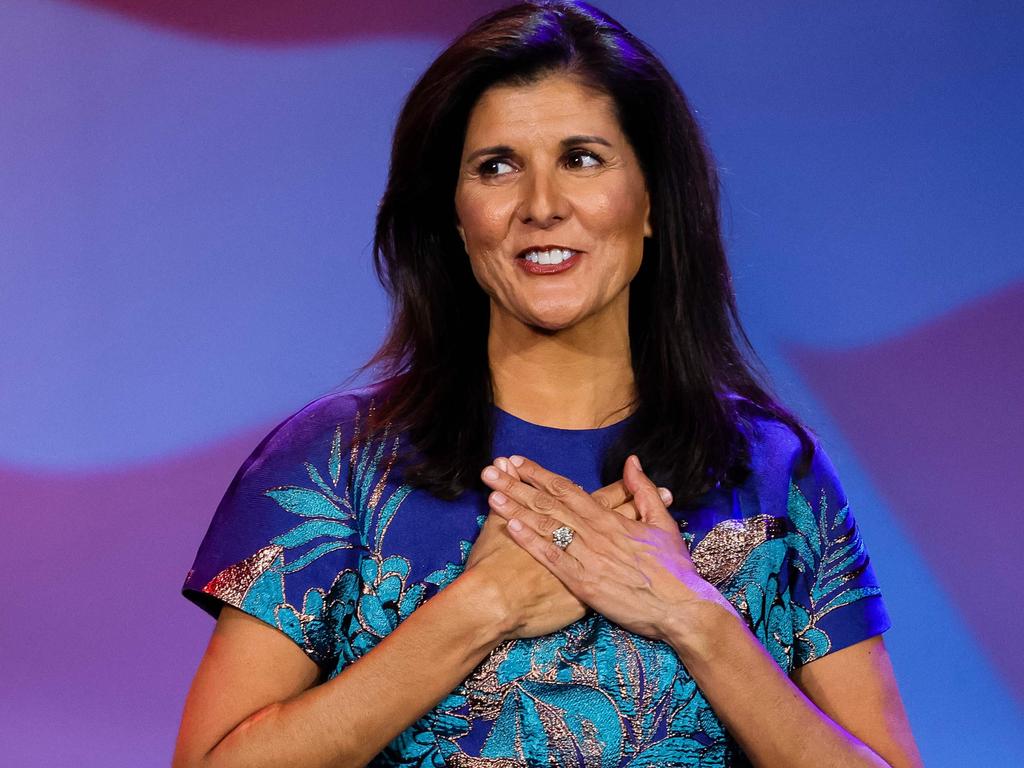
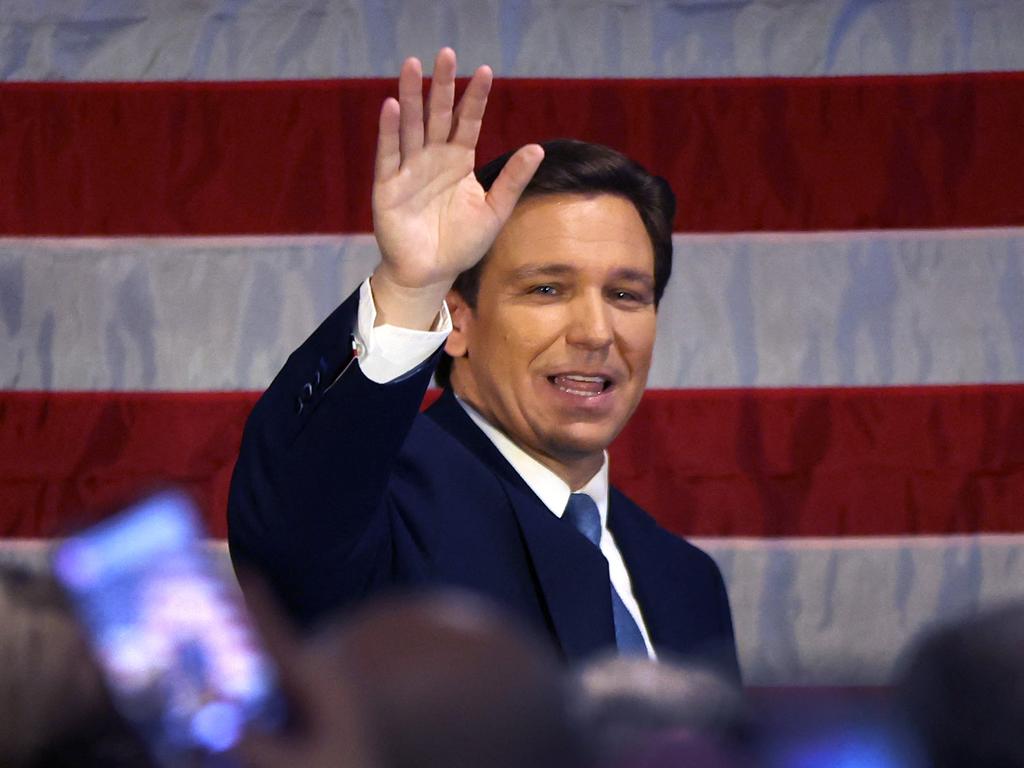
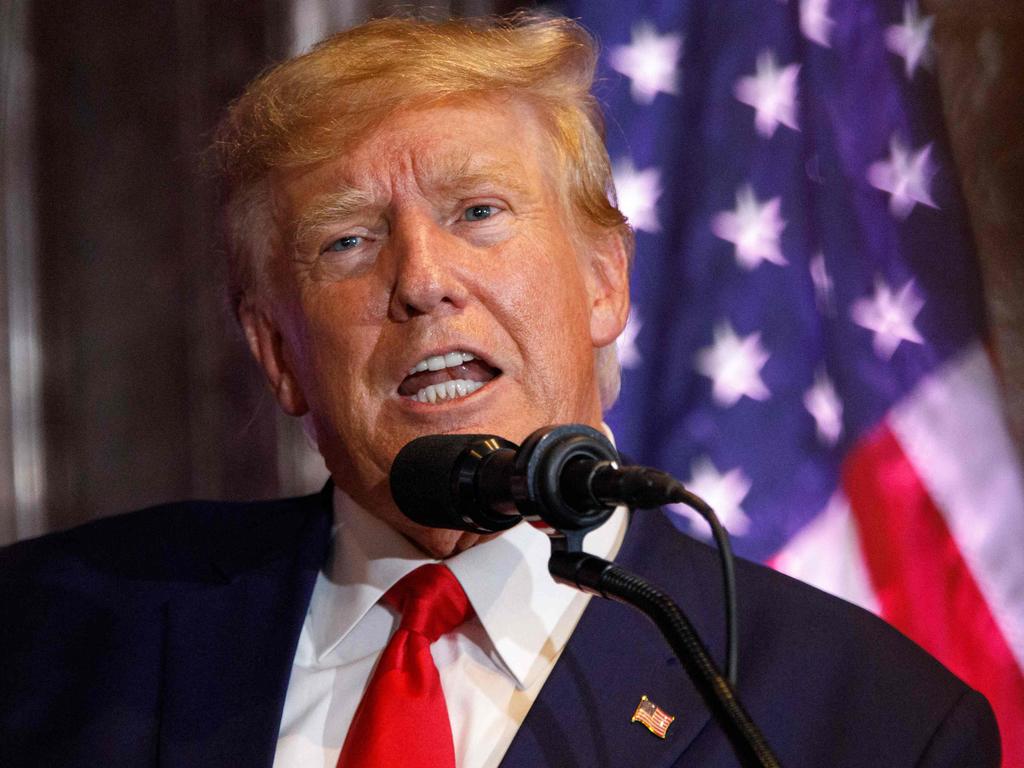


On June 17, 2015, Dylann Roof, an unemployed 21-year-old white man, walked into a Bible study group at the Emanuel African Methodist Episcopal Church, a historic place of worship for black people in Charleston, South Carolina. After engaging in some biblical dialectic with the churchgoers, he pulled out a handgun and shot dead nine worshippers, including an 87-year-old woman and the church’s pastor, and wounded another.